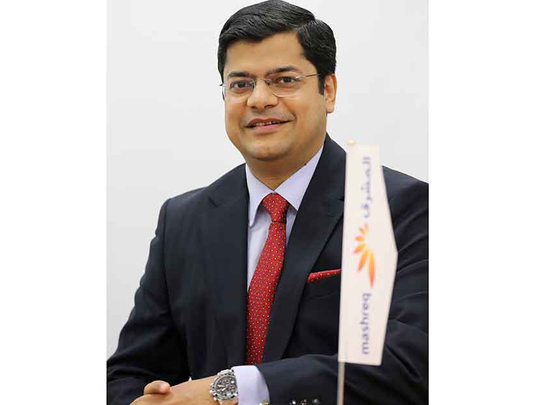
Pakistanis constitute 12.5 per cent of the UAE population. Subsequently, expats sending money back home is big business here. Last year $19.8 billion (Dh72
billion) was sent to the country, contributing to 7 per cent of its GDP. The UAE market accounts for 22 per cent of all money sent back to Pakistan. Previously, remittances to Pakistan could be a lengthy process with traditional payments taking several days but as technology improves, instant transfers are becoming increasingly common.
Rohit Garg, Head of Business Banking, Mortgages, Liabilities and Remittances at Mashreq, says banks in particular need to acknowledge digital trends if they’re to gain a foothold in a competitive market.
“Many banks in the region still continue to adapt the traditional transfer route (Swift), which usually takes one to two working days for funds to be realised in the beneficiary account,” he says. “Apart from the high fees charged for the service by the bank, the delay in credit to the beneficiary account is also a hurdle. This is also one of the main reasons that remittances from exchange houses handle 93 per cent of outflows to Pakistan while 7 per cent is the bank’s share.”
In response to this problem, in April, Mashreq launched QuickRemit, a new instant remittance service to Pakistan. “With QuickRemit, customers can now transfer Pakistani rupees free of charge through the bank’s digital platforms: MashreqOnline or Snapp, our mobile app,” says Garg.
Suvo Sarkar, Senior Executive Vice-President and Group Head — Retail Banking and Wealth Management, Emirates NBD, also believes in the benefit of digital solutions for money transfers. “Our 60-second DirectRemit money transfer service, offered in partnership with Faysal Bank in Pakistan, allows customers to transfer funds to any bank account back home conveniently through our online and mobile banking platforms, free of charge,” he says.








